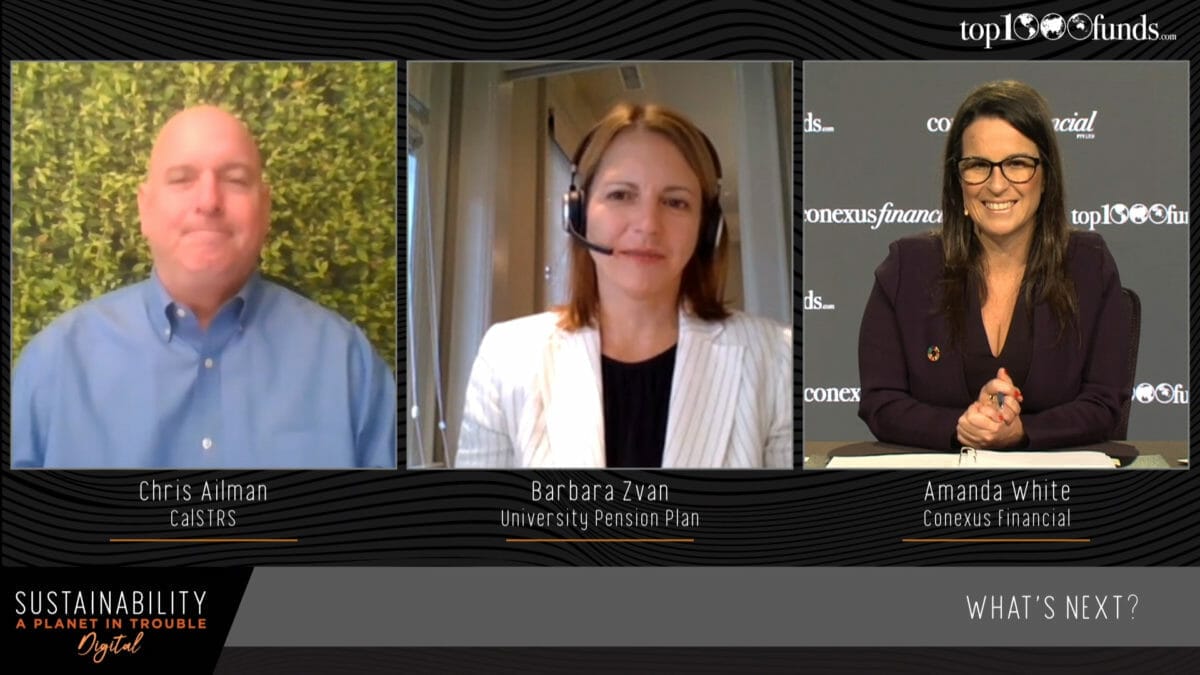More than 70 investors have collaborated to produce a framework for an investment strategy led approach to decarbonising portfolios and maximising efforts to achieve net zero emissions globally by 2050.
The “Net Zero Investment Framework” developed through the Institutional Investors Group on Climate Change (IIGCC) has been released for consultation and provides a comprehensive set of recommended actions, metrics and methodologies, which aims to enable asset owners and asset managers to effectively become ‘net zero investors’.
“The willingness is there, but until now the investment sector has lacked a framework enabling it to deliver on this ambition. As we work towards investors adopting the framework before the end of the year, the race is now on in the run up to COP26 for asset owners and managers to show they will be net zero investors,” says Stephanie Pfeifer, chief executive of the IIGCC.
The framework seeks to ensure investors can decarbonise investment portfolios and increase investment in climate solutions, in a way that is consistent with a 1.5°C net zero emissions future.
It’s an investment strategy led approach, supported by concrete targets set at portfolio and asset level – combined with smart capital allocation, and engagement and advocacy activity – ensure investors can maximise their impact in driving real-world decarbonisation. Four different asset classes – sovereign bonds, listed equities and corporate fixed income and real estate – are covered by the framework, with others to follow.
Among the investors collaborating on the project are the giant Dutch pension provider, APG, which is one of five investors putting the framework to the test, by modelling its impact across performance of their real-word portfolios. The others are Brunel, the Church of England Pensions Board, PKA and Phoenix Group.
APG’s managing director global responsible investment and governance, Claudia Kruse, says: “In order for us to be able to implement ABP’s net zero carbon ambition and for the industry as a whole to play its role in delivering the Paris agreement, we need to establish the Net Zero Investment Framework as a global industry standard.”
The framework is intended to be adopted and implemented by investors following its finalisation. It incorporates definitions used in the EU Taxonomy, which was formally adopted by the European Parliament in June. More than 25 methodologies and tools, to support alignment with the Paris Agreement and net zero emissions, have also been analysed and reviewed in its formulation, with those considered best fit approaches included in the framework.
Five core components help define a ‘net zero investment strategy’ as set out in the framework, covering: objectives and targets, strategic asset allocation and asset class alignment, alongside policy advocacy, investor engagement activity and governance.
Claudia Kruse is one of the speakers at the Top1000funds.com Sustainability conference from September 8-9. For more information click here.




